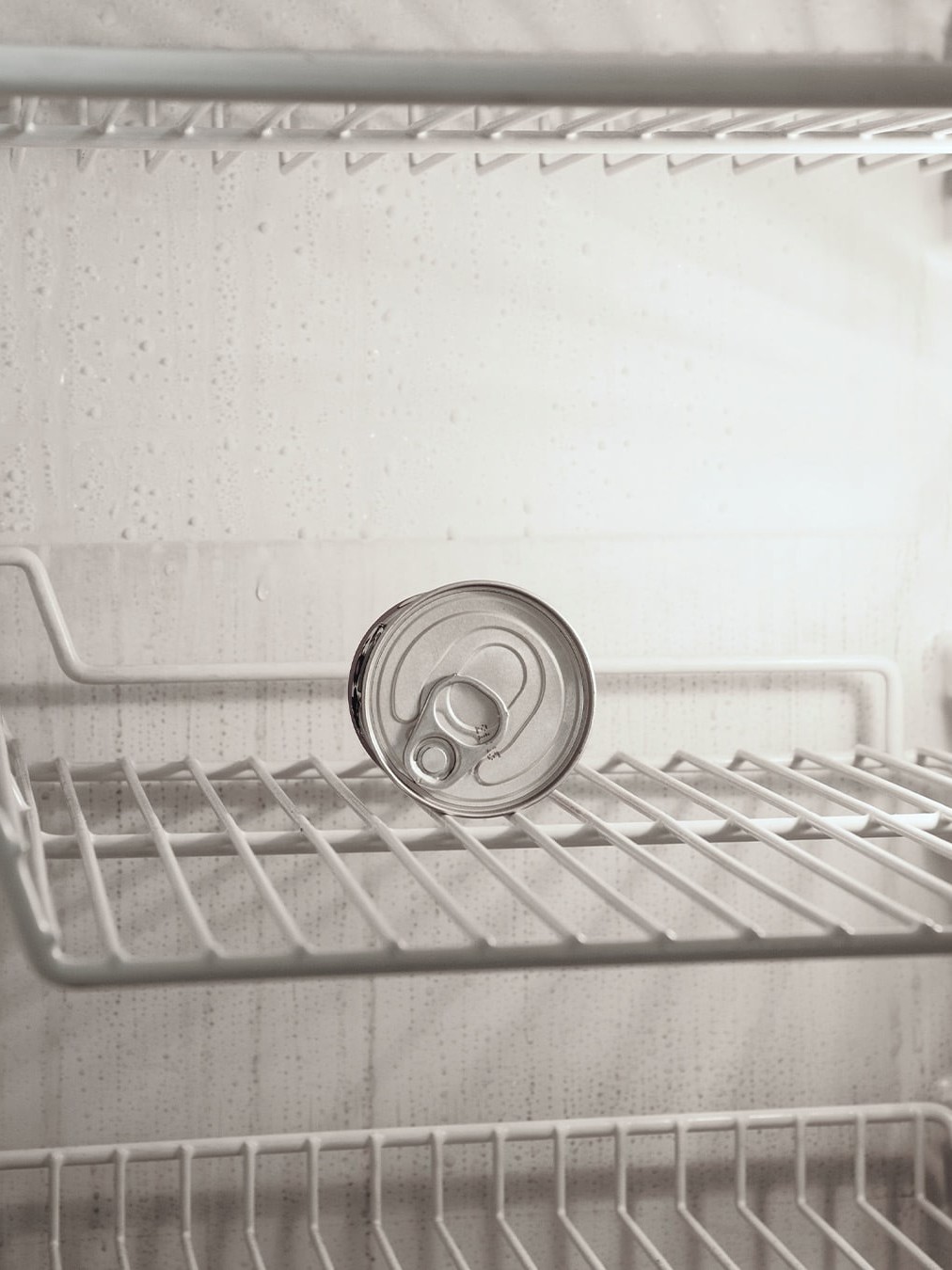I once heard a venture capitalist talk about how you can train the human body to operate on only four hours of sleep per night. He was describing the type of dedication and work ethic he expects of the entrepreneurs he invests in. He wasn’t the only one I know who advocated for this. My first boss out of college also had a wonky relationship with rest. He put in a ridiculous number of hours. Once, I made a comment to him about how much he worked and he responded, “You can sleep when you’re dead.”
We could call these guys crazy and extreme, but how many of us always describe ourselves as “busy”? How many of us feel hurried? How many of us depend on caffeine to wake up to our existence and responsibilities? How many of us never feel like we have enough time for all the things we need to do? How many of us struggle to remember what we enjoy doing? Please, tell me it’s not just me!
In contrast, how many of us would describe our lives as rested and restful? When was the last time you bragged about taking a nap or getting a full night’s sleep? Do you regularly find yourself with lots of extra time on your hands? No? Me either!
Ruth Haley Barton, an expert and author on spiritual formation practices, describes the difference between “good tired” and “dangerously tired.” Good tired is when we put in a good day’s work, go home to relax and recover, and then come back rested and ready for the new day. Good tired manages a healthy cycle of work to rest and recovery, and back to work again. Good tired is how we were designed to live as God’s creatures.
Dangerously tired is when we put in longer hours than normal for too long of a period. Dangerously tired is when we never seem to get enough sleep to recover. It’s when we sprint from one project to another, to another, and never get the recovery time we need to both celebrate the completion of a project and rest up for the next one. According to Ruth, symptoms of dangerously tired include:
- irritability
- getting stuck in anger or sadness
- pursuing escapist behaviors like binge-watching shows or drinking too much
- the inability to rest when you have space for rest
- cynicism or a deep inner restlessness
- not able to take care of basic human needs like showering or making appointments
- the fear that, if we let ourselves cry, we might not stop
The first time I heard Ruth describe these symptoms, I was at a spiritual retreat she was leading. I was there because I felt completely burned out on life. I’d been working hard at a job that asked for me to carry a heavier workload during Covid, and I’d been co-pastoring a church plant. Not to mention, I was also a husband and a dad. What made each of these responsibilities so much harder is that I hadn’t yet realized I had an addiction to helping people and saying “yes” to anyone and everyone.
As a result, I was overwhelmed, tired, anxious, and ready to quit on just about everything. I’d sometimes fantasize about doing something at work or at church that made them have to fire me. At night, my dreams fluctuated between moments of intense anger or dreams of having panic attacks. All of those circumstances led me to my first retreat with Ruth. On the first night of the retreat, as she listed the symptoms of dangerously tired, I wrote down every one with a nod and a painful realization in my gut. She gave me words for the absolute exhaustion and desperation I felt. I really was dangerously tired, and over time, I’ve discovered that quite a few of us limp through our lives this way.
This isn’t what God desires for us.
In Psalm 127:1-2, the Psalmist writes: “Unless the Lord builds the house, those who build it labor in vain. Unless the Lord guards the city, the guard keeps watch in vain. It is in vain that you rise up early and go late to rest, eating the bread of anxious toil; for he gives sleep to his beloved.”
The Psalmist describes two pretty stressful parts of life we can all relate to in different ways. First, building a house. While most of us have never built a house, we can probably relate to the stress of finding a place to live and then taking care of it. Things break. They’re expensive to fix. Roommates are always more complicated than we think they’ll be before we move in. Rent is expensive and comes due every month. How the heck did the electricity bill end up that high? Those moments when you set a trash bag outside on the porch because it smells bad, forget about it, and then get fined by the rental company because it sat out there all night. Homeownership or renting is stressful.
And then guarding a city. Perhaps you haven’t been commissioned to stand guard at the city gate all night hoping, that of all nights, tonight is not the one when your enemies attack in the dark. But perhaps you’ve experienced fear before. Perhaps there have been times life has felt outside of your control. Maybe there’s been a time or two when you’ve been up all night because of a stressful situation: a hard conversation at work, an upcoming test, a scary diagnosis, or a bad breakup. Perhaps there’s something that resonates with you in thinking about staring out into the darkness, wondering if something bad is about to happen.
In both situations, the Psalmist begins with the phrase, “unless the Lord.” These verses aren’t implying we sit back and don’t do anything. The phrase “unless the Lord” doesn’t say, “Put your feet up and let the Lord build your house.” If you do that? The building supplies will never become a house. Instead, the Psalmist invites us to trust in God and depend on him, as we do the work he has for us to do. He doesn’t want us to “eat the bread of anxious toil,” meaning running around in busied hurriedness to try to make everything happen on our own. He wants us to trust God and pursue the rest and recovery he offers. The word for “sleep” could also be translated “rest,” and the phrase “he gives sleep to his beloved” could be translated, “he provides for his beloved during sleep (or rest).” In other words, taking time to rest and recover is an act of trust in God. It’s acknowledging we did the best we could with the limitations God gave us, and we’re leaving the results up to him.
And this isn’t the only place in the Bible that talks about rest as God’s gift. In the beginning, when God created the heavens and the earth, he rested from all his work on the Sabbath day and invited his people to do the same. Better yet, he commanded them to rest. This idea of sabbath is a restful celebration of the co-laboring of God with his people. It recognized that men and women and God had worked together all week and were able to start a new week by pausing to celebrate what was accomplished with feasting and rest. It was countercultural then, just as much as this idea is countercultural now. And it also has a beautiful implication for what God means when he commands something—it’s an invitation into a richer and fuller life.
Jesus also invited us to rest when he said, “Come to me, all you that are weary and heavy laden, and I will give you rest. Take my yoke upon you and learn from me; for I am gentle and humble in heart, and you will find rest for your souls. For my yoke is easy, and my burden is light” (Matthew 11:28-30).
Friends, this is the heart of God for us: to find rest. If you and I are feeling overly burdened or worn out, maybe we should pause and ask God to help us see if we’ve taken on too much.
Finally, God created us with limits that include sleeping, eating, drinking, and pooping. Think about how much time those activities take in our lives. God could’ve made us to be recharged by the sun or by the friction of walking, but he gave us tasty food as a gift instead. Food that requires preparation and then time to consume it. He also designed us to need eight to nine hours of sleep (maybe more, depending on who you read) every day. The Psalmist and Jesus both suggest that rest is God’s gift to us.
Limits are a gift from God because he is worthy of restful trust. In fact, that’s really what rest is: trust. Trust that while we’re sleeping, God can still provide for us. Trust that by resting on the Sabbath, God will help accomplish the work we need to get done during the remaining 5-6 days. Trust that listening to the needs of our bodies honors God as we care for this temple of the Holy Spirit he’s given us and in which God dwells.
One super important caution about the idea of sleep being a gift from God: I don’t think the Psalmist is implying that people who struggle with insomnia—or who can’t get enough sleep because of responsibilities or children—aren’t loved by God, or that they’re living in distrust of him. And knowing what I know about Jesus, I don’t think he’s judgmentally condemning anyone who finds themselves overwhelmed with the burdens of life. First, if that’s you, I’m so sorry. Life is so much harder when we can’t sleep and when we feel overwhelmed. I know this doesn’t fix it, but the primary idea isn’t about sleep. The point is that restful trust is an invitation God has for all of us. Even someone who literally can’t sleep can still accept the invitation of this verse by restfully trusting in God with their eyes open.
And one more caution, I started by describing being dangerously tired. I wish I could say that I’ve fixed myself, and now I walk through life restful and rested all the time. Some of the habits that got me to the place of dangerously tired are still there. I still say “yes” too much, and I still find myself having angry dreams at times. There are seasons when my kids don’t sleep well, and I end up not getting enough sleep. And not to mention, I practiced unhealthy rhythms of rest for decades that got me to a place of burnout. 18 months of living differently aren’t going to undo the past 18 years.
But I’m on the journey toward trusting God with my limitations and following his invitation to rest. My biggest win so far? Scheduling two chunks of time into every week to R.I.G. (Rest In God). What does this look like? Usually, it means sleeping in, making a cup of coffee, and then simply sitting in silence with God on a comfy chair, on the deck, or near a body of water for at least an hour. The whole point of this time is to trust that God loves me not for what I do or accomplish, but simply because I’m his kid. And what do many parents crave? Time with their kids. I figure God likes that too.
My second biggest win? I’m getting really good at noticing when I’m saying “yes” too much again. I’ve memorized those symptoms of dangerously tired, and I’ve added a few more that are helpful for me. When I start getting cynical? I use my R.I.G. time to ask God to show me where I’m trying to do too much. But again, I’m very much on a journey and still learning what it looks like to trust God. And I hope this feels like an invitation for you to join me in restful trust in a God who is trustworthy.
So, if you decide to take a nap today? I approve! God gives rest to his beloved. If you decide to go to bed early tonight? God is pleased by that. And next time you fall asleep in church? Just remind the pastor (and anyone else with a judgmental glance) that you’re just being biblical and taking God at his word.
Daniel is married to his high school sweetheart, and dad to three. He’s the author of What’s Next: Your Dream Job, God’s Call and a Life That Sets You Free, and a podcaster at Our Daily Bread. He holds a Master’s Degree from Fuller Theological Seminary, and is an ordained minister.







